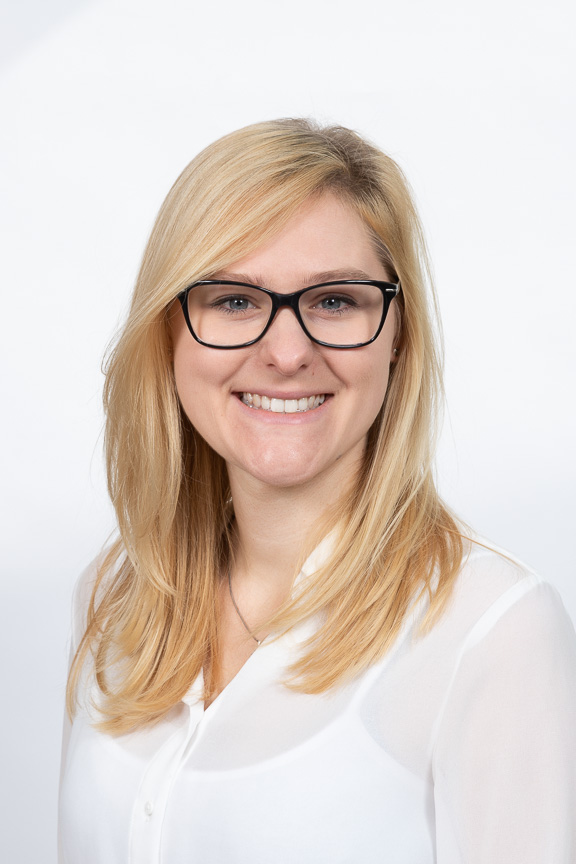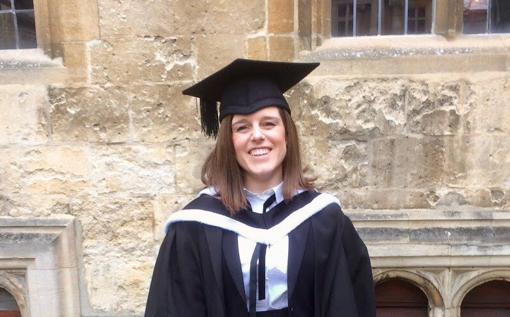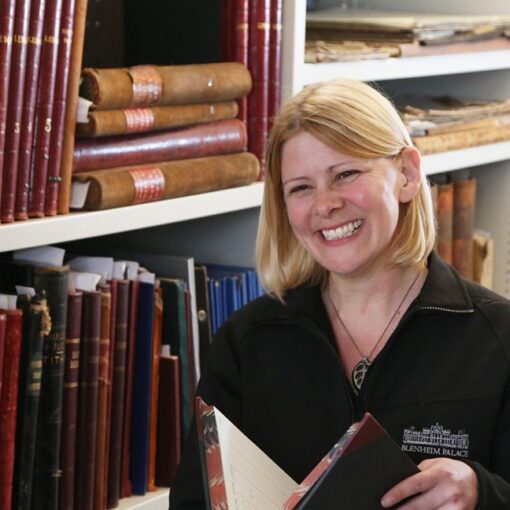DPhil in Cardiovascular Science
| Senior Cardiovascular Scientist | |
|---|---|
| CardiaTec Biosciences | |
Year entered into a non-academic position: 2022
Job highlight: Creating solutions and tools that will shape company’s future.
My research training set me up to… Be able to adapt to unexpected problems and be able to learn and comprehend completely new topics and concepts quickly and efficiently.
Left academia after: PhD
What’s your background?
I grew up in Poland and moved to the UK for university. I finished undergraduate and Master’s course in Pharmacology at UCL and moved to Oxford for a PhD in Cardiovascular Science. I spent 5 years working in the lab of Prof David Greaves at the Dunn School of Pathology. I worked on the role of immune cells called macrophages in atherosclerosis but had an interdisciplinary collaboration with an engineering lab as well.
Why did you move away from academia?
I felt that a job away from academia would give me more long-term security (financial security & contract lengths) and allow me to stay close to the science without having to worry about the usual struggles in academia such as poor compensation for post-docs and insecurity of grant funding. Additionally, the multi-disciplinary project that I was involved with in my DPhil made me realise that I want to work on projects that go beyond a very narrow expertise.
Is there anything you miss about academia?
I miss the ease and freedom of setting up collaborations without any worries about commercial competition or IP protection. Also, a surprising number of scientific resources are available only to academics and commercial companies struggle to get access.
How did you get this job? Did you face any challenges when considering a move away from academia or applying for the role?
I learned about the job through networking. During the recruitment process it was key to demonstrate the ability to be flexible and diverse in the tasks that I could do as well as fit in well socially with the rest of the team since we are a small company. At the beginning I found it challenging to become fully computer based, I missed the manual aspect of lab work which would give my eyes a break from the screen.
What motivated you to/why did you choose the sector you transitioned into?
Start-ups have more exciting and risky projects (higher risk, higher gain kind of approach) whilst being less tied with the bureaucracy and hierarchical structure of bigger companies. Working for a start-up allows me to develop the most diverse set of skills, try tasks/departments that I would not have the opportunity to try otherwise, and do science that is truly cutting-edge and unique. My company in particular ties in everything I have been interested in during my studies – pharmacology multidisciplinary work and heart diseases – so I don’t have to choose one of them.
Did you think you had the skills required for your current position before you started? Were you right?
I thought that I had the ability to learn new skills and scientific concepts quickly, whatever would be needed of me. Whilst it has been a very steep learning curve and challenging at times, so far, I was right about it.
How did your PhD prepare you for your current job? For example, what were the transferable skills that you developed during your PhD that are most relevant to your current job?
My PhD taught me to work independently, troubleshoot problems, and rapidly learn new topics to a point where I can successfully apply them in a short space of time, all crucial for my job. Additionally, even though I am not lab-based any more, knowing how experiments are done, reading and writing protocols, being able to communicate effectively with scientists and understanding published literature are all important parts of my daily work.
Did you have any preconceptions about your sector that proved to be wrong?
I had heard that start-ups have a very bad work-life balance, a very intense workplace culture, and that the there is no stability because they can fail any minute. I have a much better work-life balance than during my PhD, whilst the pace of work is faster than in academia it doesn’t make it intense in a negative way because everyone works as one team aiming for the same goal. Start-ups are subjected to rounds of investments but once the money has been raised, they are just as stable as any other company.
Can you describe a typical week in your job?
I typically work 9am until 5.30-6pm every day, I tend to have a lot of meetings every week, both internal and external. Every week I meet my manager to set goals and priorities, but besides that I work mainly independently. My tasks vary widely, from working on scientific strategy of the company, collaborating with the other teams on specific tasks, keeping up with published literature and business landscape in the sector, and dealing with external partners.
What is the workplace culture like? Please include comments on work-life balance, flexibility, remote working?
Work-life balance is very good. I have set work hours, I do not work weekends, and there is a policy against no non-urgent out-of-hours messages/calls. Daily schedules are quite flexible and my managers are very understanding of things that are hard to arrange outside of working hours (like doctor appointments) but generally we have to be available during core company hours. My job is fully remote but even if we are working remotely from outside of UK, we are expected to stick to UK working hours and we have in-person meetings every 1-2 months which are mandatory to attend.
Do people with a PhD frequently get hired in the company/sector?
Yes, having a PhD is a big advantage in start-ups. They require people who can bring valuable skills and expertise since the timelines for training are very short, they also value people who can work under pressure and independently drive projects.
What are your favourite parts of your job?
I enjoy the variety of science that I am exposed to every day and how closely I work with the technical team at the company,
the work I do now is truly multidisciplinary.
Do you have any advice for current graduate students and postdocs considering a career outside of academia?
There is no right or wrong answer about which is the better career, but you’ll never know until you try it and if you decide that industry is not for you there are always opportunities to return to academia, especially nowadays when lateral moves like that are much more common.
What do you know now that you wish you’d known when exploring a transition?
I wish I had known just how much the size and pace of the company influences the types of tasks you need to do. In start-ups all the admin goes much faster, but you might need to do tasks that you never had to worry about before, like reviewing legal documents, because there is no dedicated department for it yet.
Can you recommend any relevant resources, organisations or events that might help somebody new to the sector find out more about it?
Talk to people, everyone’s experience of start-ups is different!
The main platform for that is LinkedIn so don’t be afraid to connect with start-ups and ask for intro calls, especially the smaller companies, you never know who is looking for a freelance consultant for a small project.
 CardiaTec is the first AI-enabled drug target discovery company specialised in cardiovascular disease. Its human-centric, multi-omics approach allows for the identification of novel and better biologically defined drug targets with an increased probability of clinical success.
CardiaTec is the first AI-enabled drug target discovery company specialised in cardiovascular disease. Its human-centric, multi-omics approach allows for the identification of novel and better biologically defined drug targets with an increased probability of clinical success.
CardiaTec spun out of the University of Cambridge and has brought together industry experts from leading organisations including Bristol Myers Squibb, GSK, Cleveland Clinic and Owkin.





